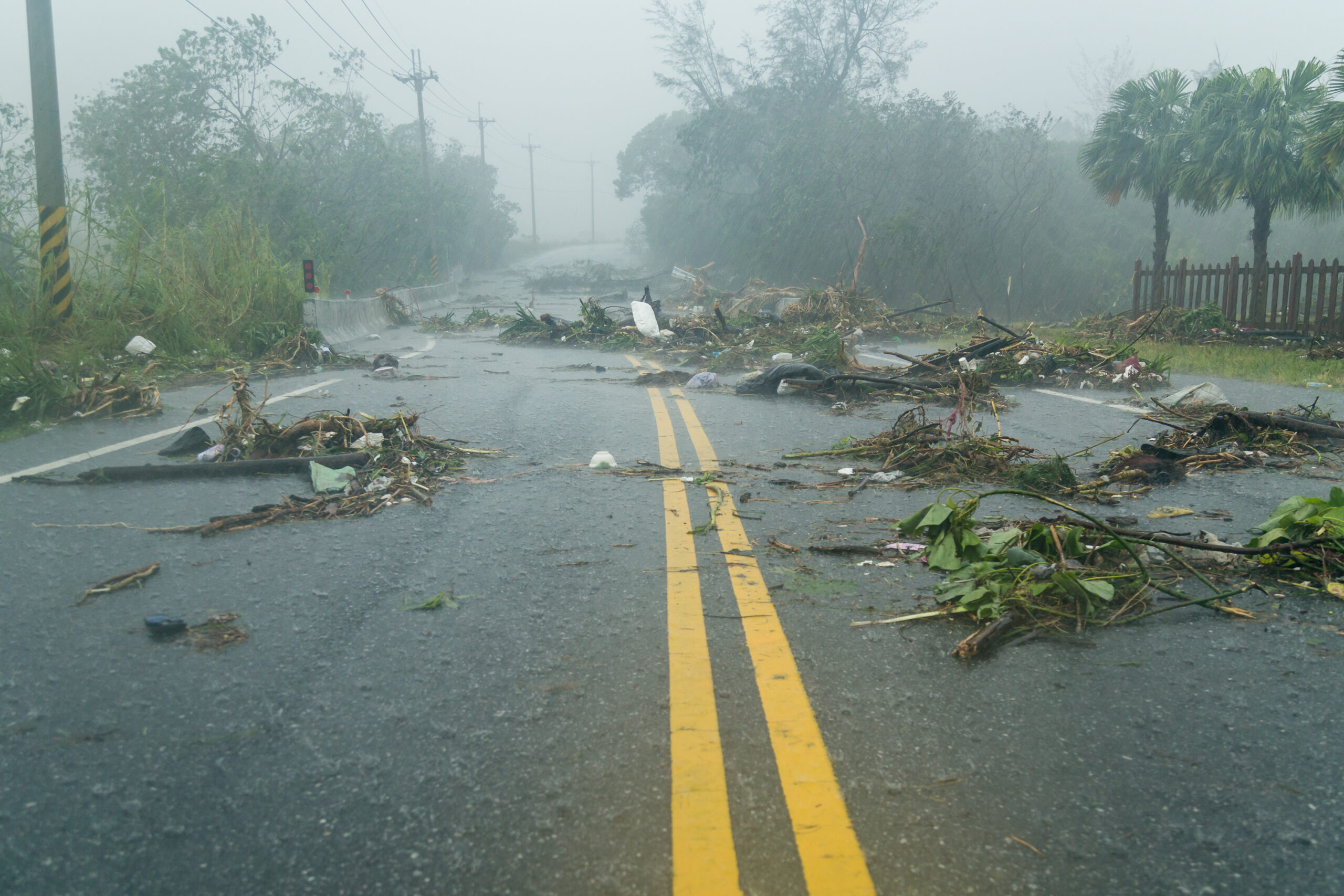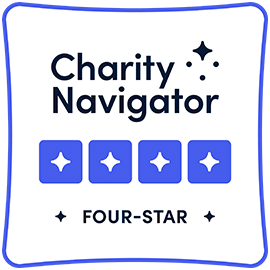What you can do to prepare for - and understand - COVID-19
This week marked a turning point in the threat COVID-19 (commonly referred to as the 2019 coronavirus) outbreak poses to communities and health systems, both across the US and the rest of the world. The extent and speed of the spread of the virus took off to such an extent that the World Health Organization (WHO) acknowledged the virus has ‘pandemic potential.’ Confirmed cases of the virus spiked into the hundreds and thousands in South Korea, Japan, and Iran (where even the deputy health minister contracted the disease), and were confirmed in Spain, Croatia, and other countries. As I’m writing this, new cases are being confirmed across the world, including at least two more in the US. The CDC has stated it expects the virus to begin spreading at the community level in the US and that businesses, hospitals, and communities should be preparing for ‘significant disruptions.’
This is the first time that many individuals and businesses are going through an event like this, and the shifts in messages from health officials in the last 48 hours are (understandably) raising lots of questions, and lots of concerns. That’s expected, as the impact, scope, and even preparation for a pandemic are different than what the public is “used” to hearing when it comes to more commonly experienced crises, like natural disasters (hurricanes, tornadoes, etc.).
What communities can do now to prepare for a possible pandemic
Healthcare, public health, and other government partners have been tracking the virus closely and preparing for weeks. Now, it is essential for the public and community organizations – schools, childcare, small business, churches, and more – to join them in this. This means thinking, asking – and planning –for a scenario in which public transportation and schools to shut down for an extended period of time. It also means stocking more food, regular medications, and household supplies at home, if possible.
While there is not a vaccine or medical countermeasure yet – the biopharmaceutical research and development field is doing everything they can to develop one, including joint public-private efforts at BARDA – there are absolutely critical non-pharmaceutical interventions everyone should be taking to help prepare and prevent spread.
- Prepare the workplace and workforce. The WHO’s guidance for getting the workplace ready for COVID-19 and the CDC’s Interim Guidance for Businesses and Employers to Plan and Respond to Coronavirus Disease 2019 are resources to start with, verified by experts.
- Only trust information from public health experts and credible sources of information. As the name (“novel coronavirus”) indicates, this is a new, or novel, strain of coronavirus. That means that we are still learning about it as we’re preparing and responding to it. This does not mean that the information from our trusted public health experts is not credible, even as it changes. It simply means that these experts are using lessons learned from SARS, MERS, H1N1, Ebola and more and bringing advances in data analytics and technology to bear .
- Talk and plan with your family and community members – now. There. Is. Still. Time. For. This. Neither panic nor a sense of ‘it won’t happen to me,’ are helpful or practical right now. Being proactive and level-headed however, are. Practice social distancing, surface cleaning, hand-washing, and other standard prevention practices, but also think and talk about what it will take to adjust other areas of your life, like travel and transportation. Have these conversations with family members and co-workers, too.
And, arguably most importantly right now:
- Stay informed, stay aware, and be considerate. This is a situation that is changing by the hour. It’s also one that global and domestic communities will be facing for the foreseeable future. There is a lot of information coming out, and at a rapid pace. Two of the most important things Americans and citizens across the world can do is responsibly follow the developments and be kind to one another. Recognize the difficult positions that healthcare workers are in, recognize the discrimination and microaggressions members of the Asian community are facing, and do your best to help your friends, neighbors and co-workers be kind and considerate to one another to combat discrimination and misinformation—neither of which does anything to help us prepare for and weather this outbreak.






